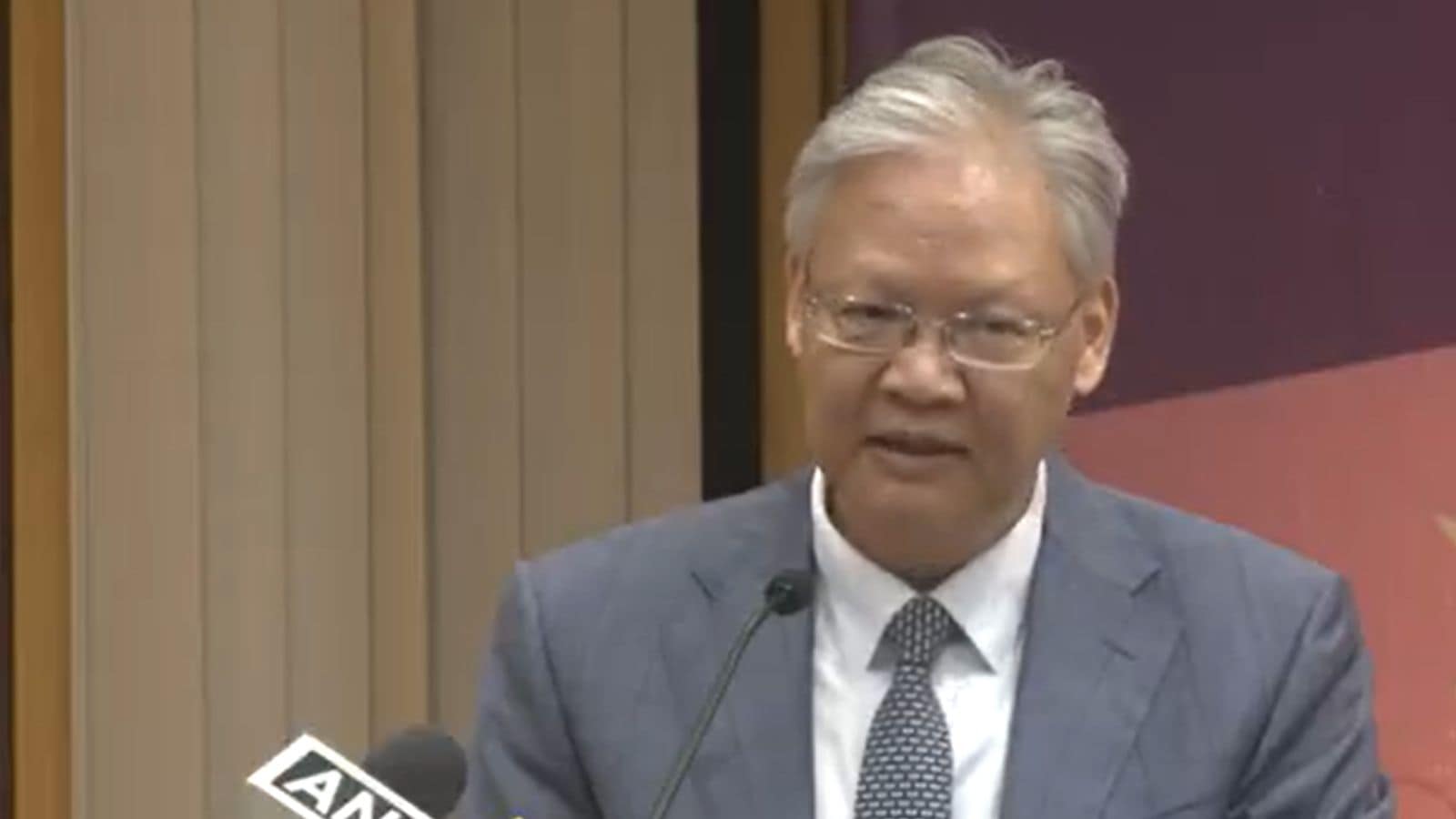The Kerala High Court on Thursday specified the guidelines to be followed by police personnel for arresting persons on court premises, and a grievance redressal mechanism to be followed at the State and district levels.
A Division Bench of Justice A.K. Jayasankaran Nambiar and Justice Jobin Sebastian passed the order in a suo motu case initiated by the court to deal with the instances of clashes reported between police and lawyers on the premises of Ramankary Magistrate Court, Alappuzha. The case was initiated based on a letter sent to the court by the Kerala High Court Advocates’ Association (KHCAA).
The court had cited the need to formulate a code of conduct to regulate the conduct of law enforcement agencies on court premises, for which it directed the State Police Chief to draw a road map. This was aimed at initiating further discussions after consulting with the Director General of Prosecution. The State Police Chief was instructed to get the suggestions of stakeholders such as the Bar Council of Kerala and the president of the KHCAA.
Meaning of court premises
The court observed that “court premises” would mean not just court rooms, but include all lands, buildings and structures (except residential quarters) used in connection with court proceedings during the notified working hours of the court, or till the court is in session, whichever is later.
The arrest, detention or apprehending of any person on court premises during court hours shall be done only after intimating the presiding officer/jurisdictional court. Any person who intends to surrender before the court in connection with any crime either by himself or accompanying a lawyer shall not be arrested, apprehended or detained on court premises without permission of the presiding officer/jurisdictional court.
Likewise, the police may arrest or use force to arrest persons in situations necessitating immediate action in order to prevent the occurrence of a cognizable offence on the court premises. The police can also arrest absconding persons/accused in long-pending warrant matters. However, intimation of arrest of persons in both of the circumstances must be given to the presiding officer immediately after the arrest.
The court also observed that there is a need for a two-tier grievance redressal mechanism at the State and district levels.



.png)
.png)
.png)
















 1 hour ago
2
1 hour ago
2








 English (US) ·
English (US) ·